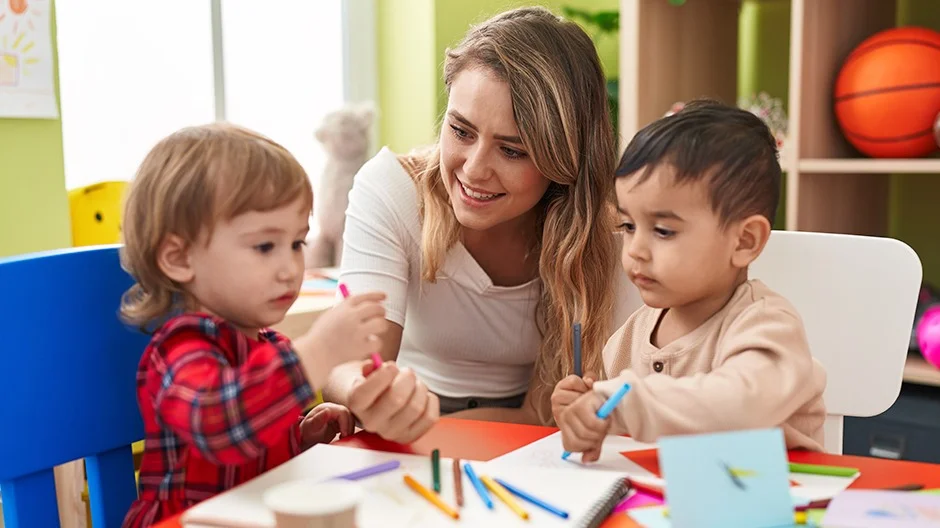Social skills are important for children’s development because they help them interact with others and feel confident in social situations. As 2024 approaches, it is important to give our children the social skills they need to excel in a rapidly changing world.
How do you start with social skills?
If people have good social skills, they get along well with others. Communication, understanding and cooperation are some of the skills needed to make friends and succeed in various social situations.
Early development
Developing social skills is most important in early childhood. Children learn how to behave socially by observing their parents and other adults who care for them.
Ways to help parents
Parents can help children learn social skills by giving them plenty of praise, scheduling playdates, and encouraging them to work together during play. Sharing and waiting your turn are great examples of how to lead by example.
What schools can do to help children learn social skills
Schools help parents by providing structured places where children can learn how to connect with others. It’s best to do things with other people and learn by working together.
Impact of technology
Technology has brought us together, but it has also made it harder to talk face-to-face. For proper development of social skills, it is important to find a balance between screen time and real-life interactions.
Things to improve social skills
By allowing children to work together towards common goals, organized activities such as sports, music lessons and art projects can help them become better citizens of society.
Overcome shyness
Helping a shy child get used to being around other people can be as simple as setting up small, manageable social interactions. Role-playing games can also be helpful.
Ways to make friends for kids of all ages
The way you teach social skills should change based on your child’s age. What works for babies may not work for teens.
The role of games
Children naturally learn how to interact with others through unstructured play. Through play they learn how to interact with others, solve problems and control their emotions.
Problems we all face
Children do not learn to interact with others at the same pace. Spotting and dealing with these differences early can help prevent future problems.
Handling debates
Teaching your children how to solve problems can help prevent small disputes from turning into bigger problems.
Ways to build empathy
Children can develop empathy by listening to stories and talking about their feelings. This helps them understand and respond to the feelings of others.
Track progress
Parents can monitor their children’s social growth and ensure they are on the right track by regularly observing and talking to teachers.
Finally
Developing strong social skills is important for a child’s overall development. As parents, teachers and caregivers, it is our job to give them the help and tools they need to thrive in 2024 and beyond.
